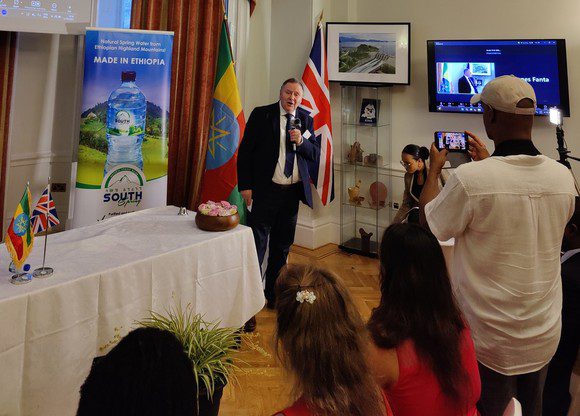How nations are adapting to the new trading landscape
Dr. Thani Al Zeyoudi, UAE Minister of State for Foreign Trade
Is there a future for the global trading system? In the shadow of tariffs and trade wars, it is tempting to suggest there might not be – at least not in the way imagined by the leaders gathering in Uruguay in 1993 to bring the World Trade Organisation into existence. Where there was once consensus that open, rules-based trade led to mutually assured growth, we find a conviction in certain quarters that international commerce is a zero-sum battleground of winners and losers.
This view is born of inter-connecting events. The global pandemic and the associated disruption to supply chains convinced many nations to reshore or near-shore the production of key goods, whether metals or medicines, and to reintroduce export controls and non-tariff trade barriers, particularly in relation to the safety and sanitary standards required for food and medical imports.
Subsequent political shifts have resurrected the belief in protectionism as a form of patriotism, while institutional stagnation meant that trade rules were unevenly observed and their transgressors largely unpunished.
The implications are potentially severe: according to the International Monetary Fund (IMF), trade fragmentation could reduce global economic output by as much as 7% over the long term – which equates to a loss of $7.4 trillion. The World Bank says protectionist trade policies will result in global income losses of $211 billion, pushing tens of millions of people into poverty by 2030.
Thankfully, we aren’t there yet. Nations not only want to still trade, the economic necessity of cross-border exchange – whether for industrial expansion, for sourcing raw materials and components, for consumer items – continues to propel trade volumes and values to all-time highs. In 2024, the combined value of international trade was a record $33 trillion, $1 trillion more than in 2023.
What we are seeing, though, is a more disjointed trading landscape, one in which new trade alliances are forming to navigate current obstacles. Goods and services are increasingly flowing within, and between, these new communities that are often regional in nature and built around mutual economic interests, supply-chain resilience, and investment potential.
The Regional Comprehensive Economic Partnership (RCEP) between 15 Asia-Pacific countries – Australia, China, Japan and South Korea among them – is perhaps the most conspicuous example.
Effective from January 2022, it is now the world’s largest free-trade area. India, meanwhile, has signed four major free-trade deals in as many years, while the European Union and the Mercosur countries of Argentina, Brazil, Paraguay and Uruguay have finalized a long-awaited deal, marking a significant milestone in transcontinental trade. These deals all emphasize agility and flexibility and enable smaller economies to play an outsized role.
The United Arab Emirates has embraced this evolution with a trade agenda based on securing deeper bilateral ties with key global markets. Our Comprehensive Economic Partnership Agreement program, launched in September 2021, is facilitating tariff-free, frictionless trade with a total of 27 nations and trading blocs across Asia-Pacific, Europe, Africa and South America. Similarly, our membership in BRICS reflects the UAE’s commitment to expanding engagement with both emerging and established economies.
Our recent trade results reaffirm this approach. In 2024, the UAE’s non-oil foreign trade in goods reached a record $817 billion, a year-on-year increase of 14.6% – more than seven times the global trade-growth average. It was also the fourth consecutive year in which we set a new trade milestone.
Never miss a story… Follow us on:
International Trade Magazine
@itm_magazine
@intrademagazine
Media Contact
Editor, International Trade Magazine
Tel: +44 (0) 1622 823 920
Email: editor@intrademagazine.com








